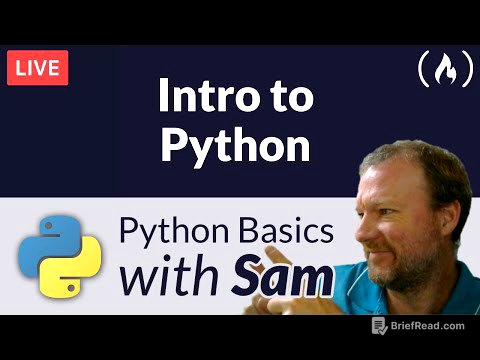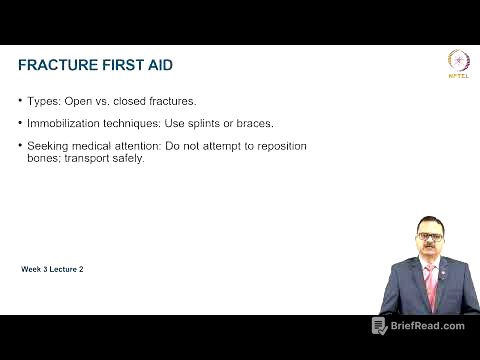TLDR;
The video discusses five common mistakes people make when practicing Dr. Joe Dispenza's meditations, which can hinder their results. These mistakes include striving for perfection, expecting instant gratification, being inconsistent, meditating from a place of lack or survival, and failing to maintain the desired state of mind throughout the day. The speaker shares personal experiences and offers advice on how to correct these mistakes by treating meditation as an experiment, focusing on progress rather than instant results, practicing consistently, meditating from a state of gratitude, and embodying the desired state of being in all aspects of life.
- Obsessing over perfection in meditation hinders progress by keeping you in your head instead of your heart.
- Expecting instant results from meditation leads to disappointment and discouragement.
- Inconsistent practice prevents the compounding effects needed for significant change.
- Meditating from a place of lack or survival is ineffective because you cannot create from that state.
- Failing to maintain the desired state of mind throughout the day negates the benefits of meditation.
Intro - I Wasted 2 Years Doing Joe Dispenza Meditations Wrong [0:00]
The speaker shares their experience of practicing Dr. Joe Dispenza's meditations every morning for two years without seeing the desired results. They realized they were making five significant mistakes that were hindering their progress. The speaker aims to help viewers identify and correct these mistakes to avoid wasting time and effort.
Mistake #1: The Perfectionism Trap in Meditation [0:42]
The first mistake was obsessing over doing the meditation perfectly, constantly analyzing whether they were breathing correctly, if their spine was straight enough, and if they were properly engaging with the techniques. This overthinking kept them stuck in their head instead of experiencing the intended feelings. To correct this, the speaker suggests treating meditation as an experiment, where there is no right or wrong way, no failure, and nothing to achieve, allowing for a more relaxed and effective practice.
Mistake #2: The Instant Gratification Trap [1:46]
The second mistake was expecting immediate results after each meditation session, similar to expecting instant success in a video game. The speaker would constantly check for changes in their body and circumstances, feeling like a failure when they didn't see immediate progress. To overcome this, the speaker advises reframing meditation as leveling up in a video game, focusing on incremental progress and viewing challenges as learning opportunities rather than failures. This shift in perspective makes the process more enjoyable and sustainable.
Mistake #3: Why Inconsistent Practice Destroys Your Happiness Results [4:14]
The third mistake was being inconsistent with meditation practice due to a lack of short-term progress. The speaker compares this to building a house, where laying one brick and then walking away for weeks will not result in a completed structure. To address this, the speaker recommends shifting the focus from manifesting specific outcomes to enjoying the process of meditation and tracking personal progress, such as how long one can stay focused.
Mistake #4: Meditating in Survival Mode vs Creation Mode [5:10]
The fourth mistake was meditating from a place of lack or survival, such as trying to visualize money while feeling panicked about financial difficulties. The speaker realized that this approach was ineffective because you cannot create from a state of desperation. To correct this, the speaker suggests first calming the body and mind using techniques like box breathing (inhaling for 4 seconds, holding for 4 seconds, exhaling for 4 seconds, and holding for 4 seconds) before starting meditation. The speaker emphasizes the importance of meditating from a state of gratitude for what one already has, rather than trying to get something.
Mistake #5: The 30-Minute Mistake - Why Your State Needs to Last All Day [8:21]
The fifth and final mistake was that the speaker's overall state of mind didn't change outside of meditation. They would spend 30 minutes creating a state of gratitude and peace, but then revert to reacting to triggers and challenges in survival mode throughout the day. The speaker emphasizes the importance of embodying the desired state of being in every moment, not just during meditation. The universe responds to your consistent state of being, not just what you try to manifest during meditation. Meditation is about becoming a new person, and that transformation must extend to all aspects of your life.









